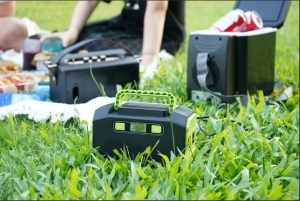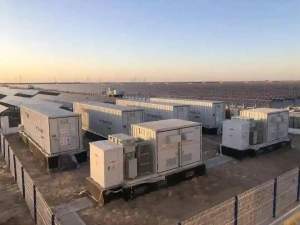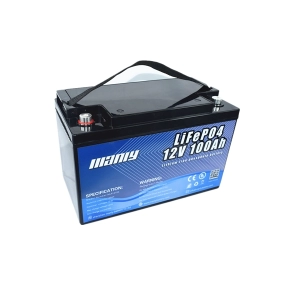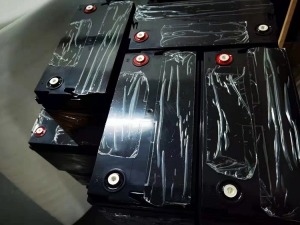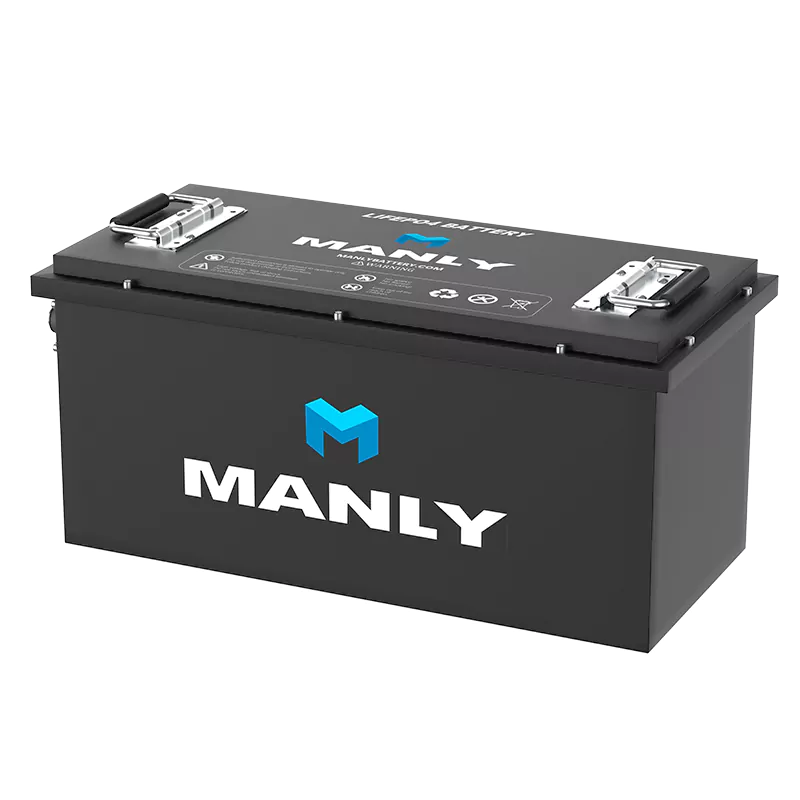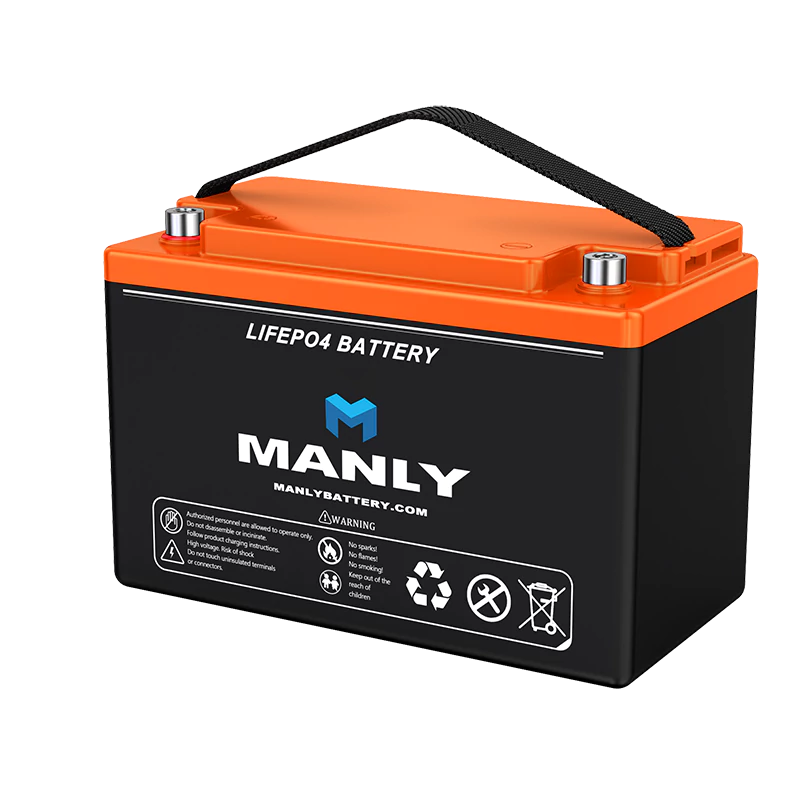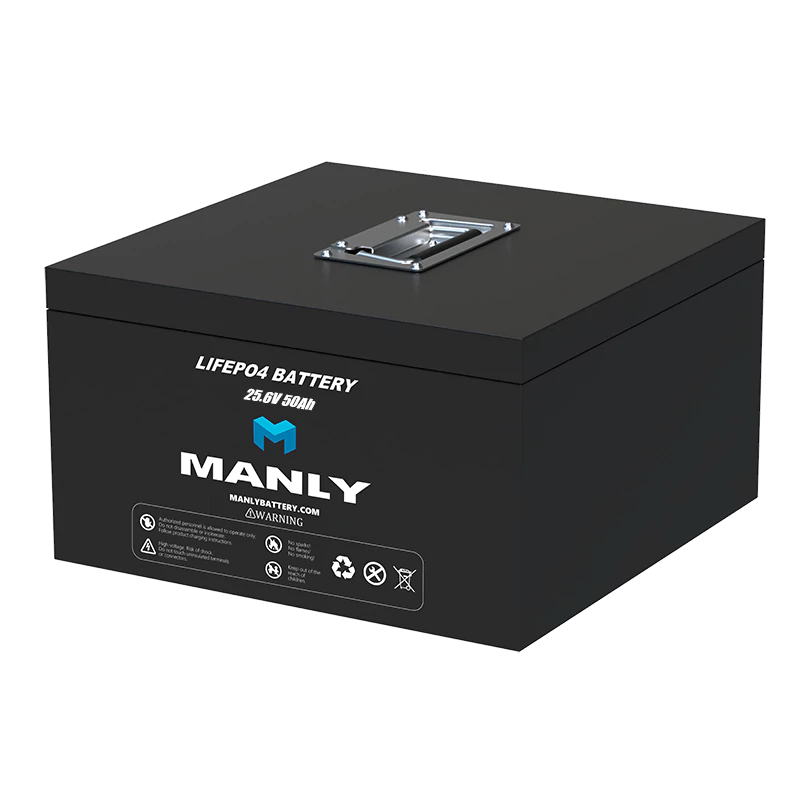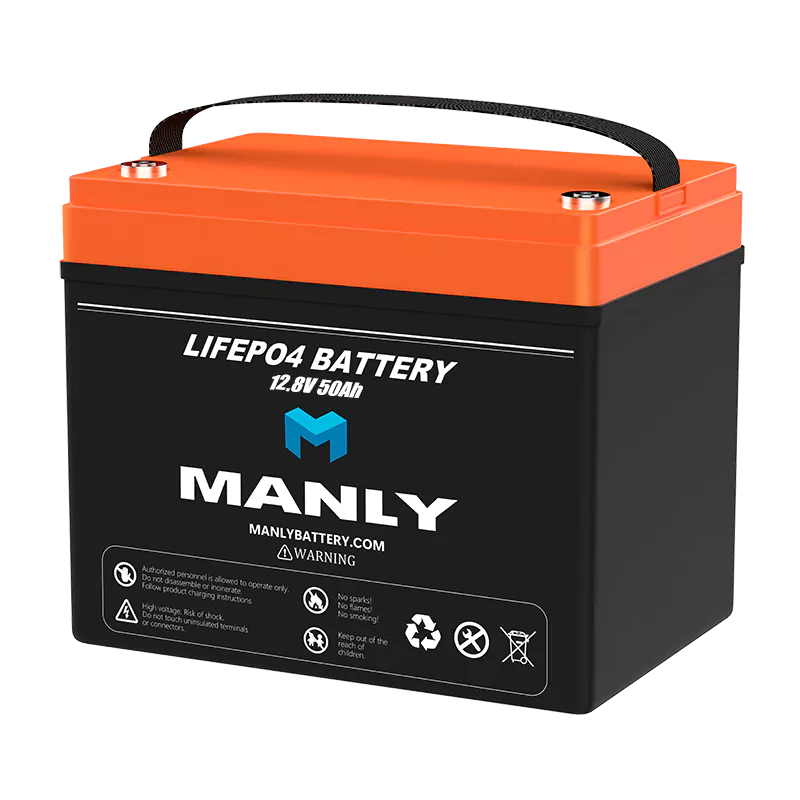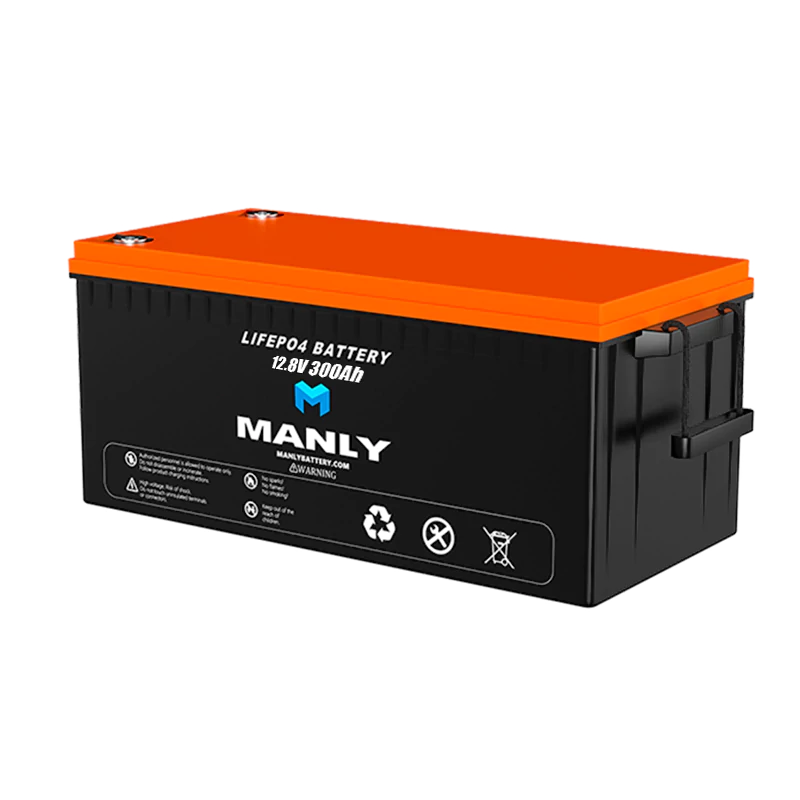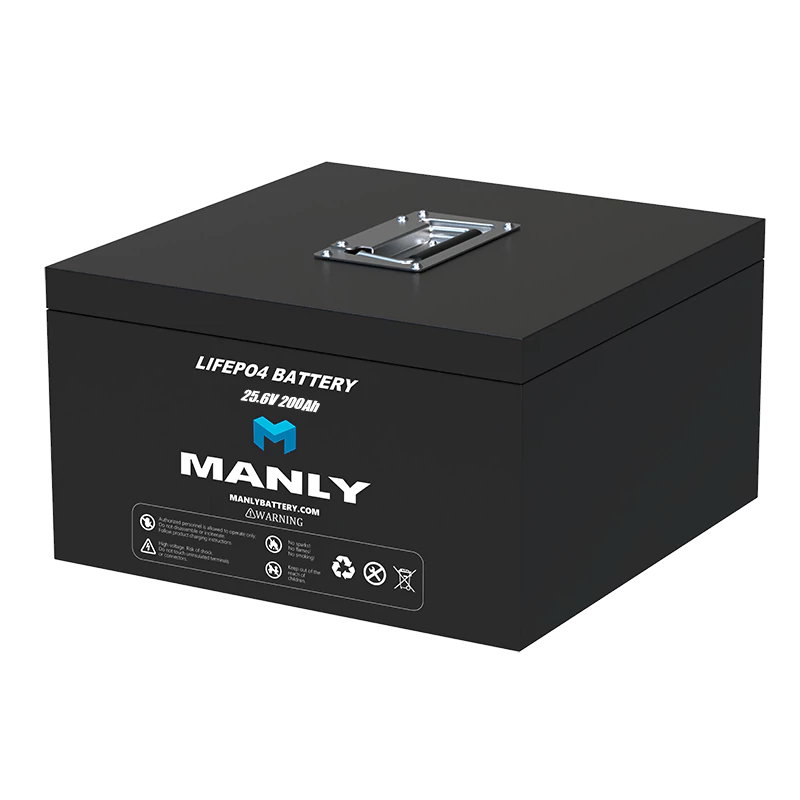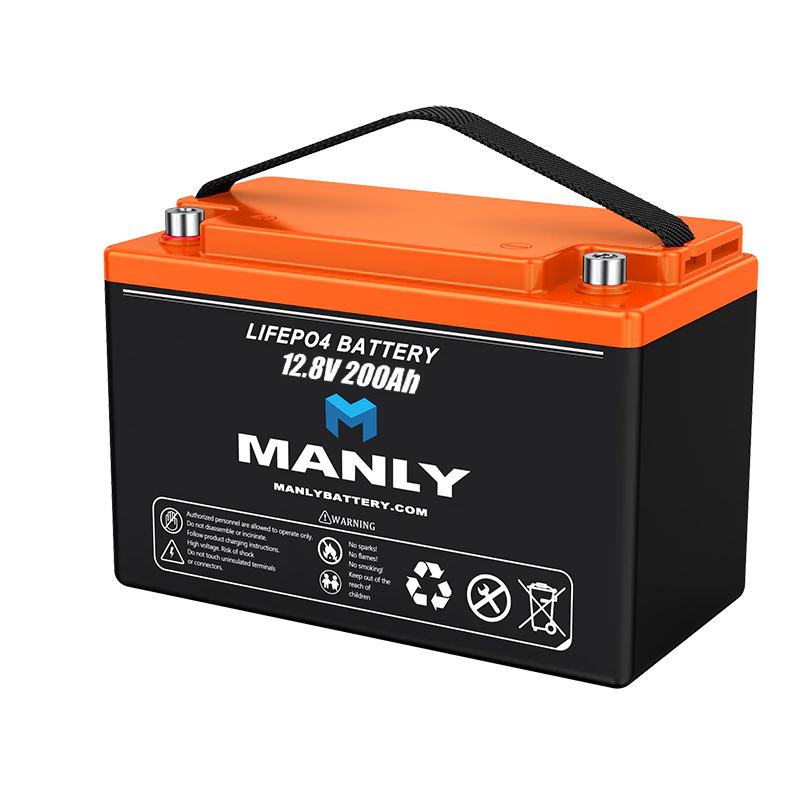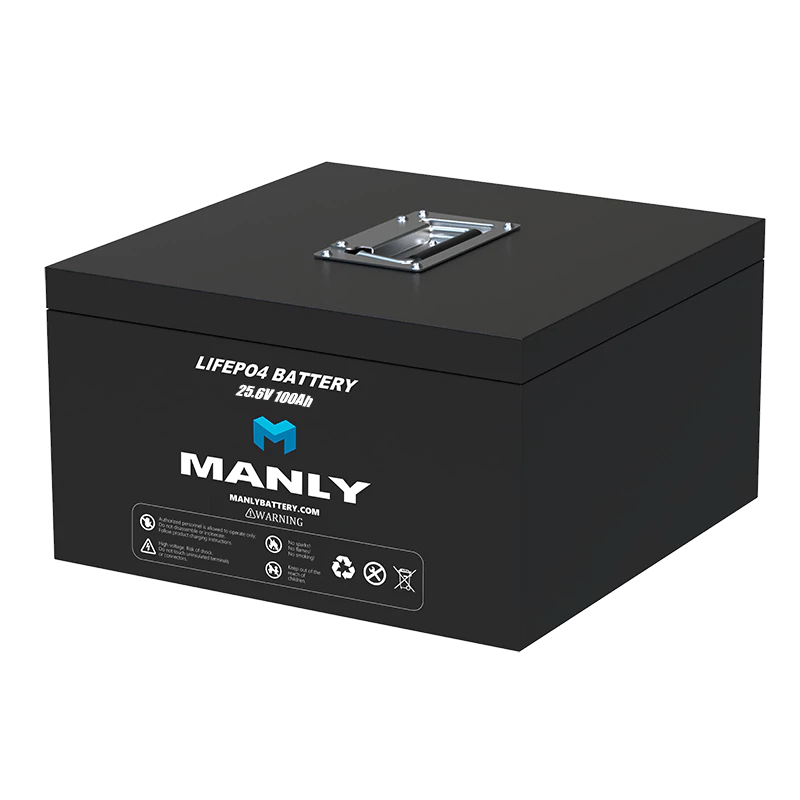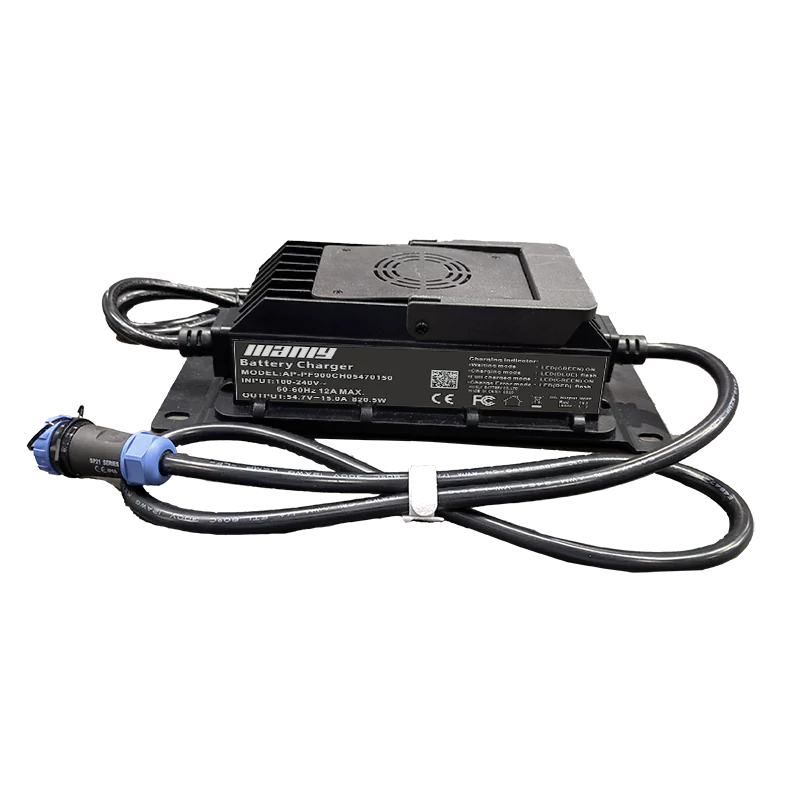In 2021, the proportion of installed capacity of lithium iron phosphate batteries continues to rise, and has surpassed ternary lithium for four consecutive months. This is mainly due to the large-scale shift to the use of lithium iron phosphate batteries by car companies, which has driven the increase in the installed capacity of lithium iron phosphate batteries. .According to market analysis, the proportion of installed capacity of lithium iron phosphate batteries has continued to pick up since the first half of 2020. Starting from June 2021, the installed capacity of lithium iron phosphate batteries has exceeded that of ternary lithium for four consecutive months. In September 2021, The installed capacity of lithium batteries accounted for 60.51%, which is the highest market share in recent years.In September, the sales of pure electric vehicles in the top 10 accounted for 52.3% of pure electric passenger vehicles, of which 7 models were equipped with lithium iron phosphate batteries in a corresponding proportion.Since the nickel and cobalt elements necessary for ternary lithium batteries are precious metals, the prices of nickel, cobalt, and manganese have continued to rise since 2021, leading to rising costs of ternary lithium batteries, and lithium iron phosphate batteries do not contain precious metal materials, so The cost is relatively low.Compared with the fourth quarter of 2020, the prices of nickel, cobalt, and manganese will continue to rise in 2021, and the unit price of manganese will increase by 255.93%.The price of ternary lithium batteries in the global market is $102/kWh, and the price of lithium iron phosphate batteries is $80/kWh. The difference between the two is $22. Based on the current battery capacity of 70kWh equipped with pure electric models, the cost of the battery under the same capacity is 9853. Around yuan. At the same time, the gap will be greater as the battery capacity increases.For single cells, lithium iron phosphate batteries have the advantages of safety and high cycle life. However, due to the limitation of the performance of the cathode material, the energy density of the cells is difficult to increase significantly. With the improvement of battery pack technology in recent years, the gap between the energy density of lithium iron phosphate battery packs and ternary lithium batteries has narrowed, and the cruising range under operating conditions can meet market demand. In addition to its lower cost, market demand continues to expand.
Contact Us
For bulk purchases, special surprise pricing will be available. For larger quantities, contact us at [email protected] or fill out the form below.

